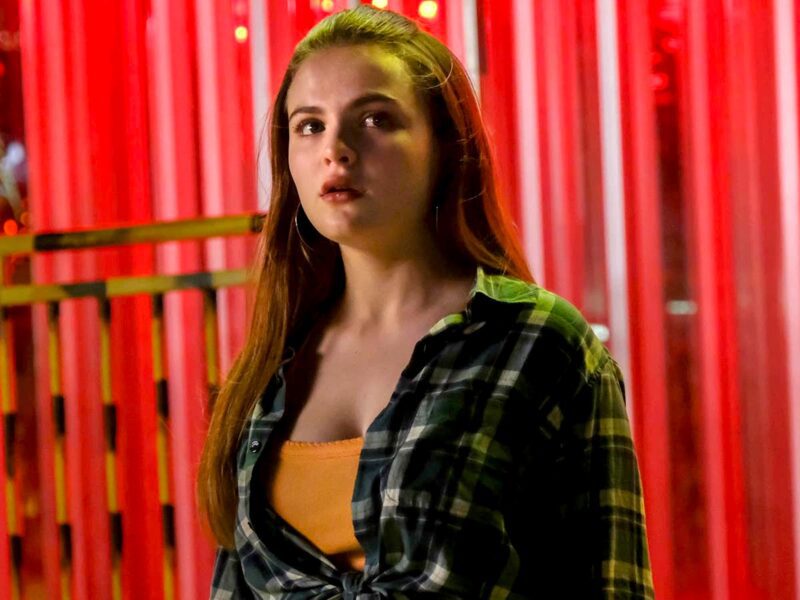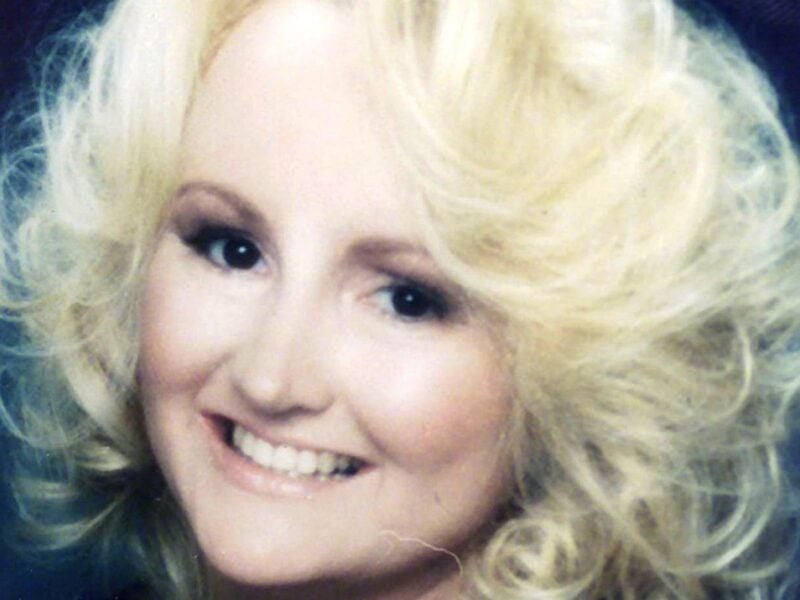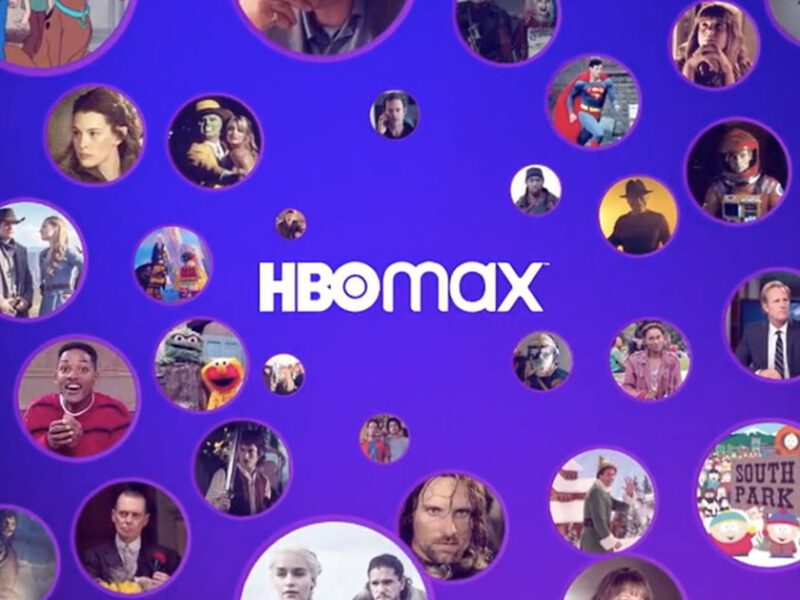
Saving ‘Twin Peaks’ in the 90s: How the cast kept their jobs
With a suitably ambitious third season screened in 2017 and a fourth season being teased as a possibility by David Lynch (who has said that Carrie Page’s unresolved story is “calling” to him), it’s easy to forget that there was ever a moment in time when networks doubted the appeal of Twin Peaks.
In fairness, even Twin Peaks: The Return struggled to be made initially due to financial disputes and Lynch demanding a fair budget. But in 1991, the show was facing a certain end and fans weren’t content to just sit back and allow it to happen.
In March 1991 at a press conference on the set of the Great Northern Hotel, Lynch acknowledged that the dark, pulpy primetime soap he created with Mark Frost was facing a grim future. “We’re in trouble, and we need help,” he told the room, suggesting that public support for the show was the only thing that could save it from cancellation. “If this show is going to go on people have got to write in.”

Old school campaigns
In the middle of February, ABC suspended Twin Peaks from its lineup and said it would release the remaining six episodes at an unspecified date, portending doom for the unique show.
As a result, Lynch and Frost urged fans to start a letter-writing campaign to ABC entertainment chief Robert Iger and to lobby the network for a new time slot that best benefitted the schedules of Twin Peaks fans. “Our audience doesn’t stay home on Saturdays,” Frost lambasted, “We’d like to be on a weeknight – that gives people the chance to talk about it the next day at the office.”
The impact was immediate. Fans took to the streets of Washington D.C. in a rally sponsored by the appropriately titled ad-hoc committee group COOP (Citizens Opposing the Offing of Peaks). The rally attracted over 200 people, many of whom wore eye patches, held logs, carried owls, and shared (damn fine) cherry pies around. Reportedly, several fans even turned up “wrapped in plastic” as a sartorial tribute to the late Laura Palmer (Sheryl Lee).

Organizing further efforts
The letter-writing campaign was just as successful, with Iger even reportedly receiving crates of stale donuts, logs, and creamed corn from fans during the campaign. However, the ABC chief demurred against giving fans any credit for saving Twin Peaks or moving it to a more suitable time slot. “We have received thousands of letters from Twin Peaks fans urging us to bring the series back. But the decision to return the show to our schedule on another night was made some time ago.”
Sure it was, Bob. Though the fans had saved the second season of the show, they failed to convince ABC that it was an essential property worth keeping on the air. Iger casually admitted “it’s unlikely that Twin Peaks will return.” But that didn’t stop them from organizing further efforts.
COOP unleashed an “anti-boycott” follow-up campaign called Operation Pine Weasel, where members planned to buy products advertised in the series before sending proof-of-purchase seals to the manufacturers.

Familiar stance
It’s unclear what exactly they hoped to achieve with this plan (besides encouraging advertising revenue), but you have to admire their moxie. What is clear is that many of the issues that plagued Twin Peaks’s survival are the same ones that afflict many shows fans are currently fighting to save.
Speaking to The New York Times, Frost took a pessimistic but familiar stance regarding why the show was cancelled. Despite being one of the most influential television shows on a creative level, Frost suggested, “I don’t think it changed television one iota,” before delving into a painfully accurate analysis of network television.
“No trend developed from this show whatsoever. The networks are more entrenched than ever in the conglomerate, bottom-line mentality. What we proved was that a show like this can earn an 11 share, which is what the executives wanted to hear anyway.”

Lasting influence
Thankfully, Frost did also add that at the very least, Twin Peaks “opened the door for more experimental programs to walk in.” Which it undoubtedly has. In the 28 years since the show first premiered, Twin Peaks has changed the landscape of what can be achieved on television and pushed the boundaries of episodic storytelling. What hasn’t changed is the “bottom-line” of networks, who still seem to prioritize ratings over groundbreaking work ahead of nurturing a solid fanbase.
Recent cancellations of popular shows with great fanbases like Timeless, Colony, Shadowhunters, Lucifer, and Brooklyn Nine-Nine are perfect examples of how networks are continuing to axe shows for “economic reasons” or because they simply can’t find “the exact right place” for a show in their schedules.

Awkward scheduling
Networks like Fox are also still jerking around shows in a similar manner to how Twin Peaks was when they fail to perform to their liking. The Adam Scott and Craig Robinson starring comedy Ghosted had the potential to be a hit before it was repeatedly crapped on and tossed in the trash.
Awkward scheduling compromised the live viewership potential of the show. When the ratings subsequently diminished, Fox put the show on hiatus (just as ABC did with Twin Peaks). The remaining episodes were aired months later with all the marketing ceremony of a silent fart. To put it politely: Ghosted didn’t stand a chance.
Of course, enthusiastic mail-writing campaigns still persist from fans. But in 2018, they also have the power of things like crowdfunding efforts and Twitter storms to help bolster their save campaigns. It’s working too: Brooklyn Nine-Nine, Lucifer, and Timeless have all enjoyed successful fan efforts that have given these cancelled shows another run in one form or another.

Cutthroat business models
What’s startling looking back at the original Twin Peaks fan campaign is just how similar it is to modern efforts – right down to the cutthroat business models of networks and the areas they place the most financial value onto.
In an era where SVOD services are arguably the main way that young fans enjoy their favorite shows and check out new ones, it’s outrageous to consider that networks are still using live viewing ratings as their main indication as to whether a show deserves to exist or not.
Traditional networks need to modernize if they’re to survive. Especially because there won’t be any fans delivering letter-writing campaigns to save them at the end of it all.







